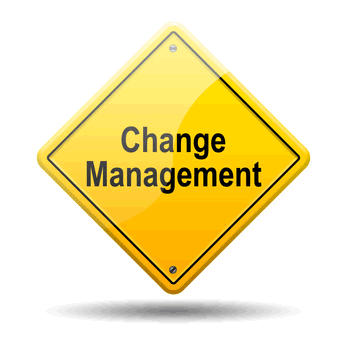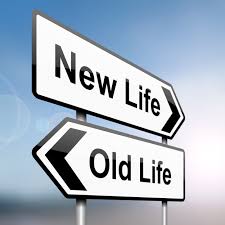You know it when you se![stock-photo-confidence-business-background-golden-compass-needle-on-a-black-field-pointing-to-the-word-153880910[1]](http://cmaleadershipconsultants.com/wp-content/uploads/2014/11/stock-photo-confidence-business-background-golden-compass-needle-on-a-black-field-pointing-to-the-word-15388091011-287x300.jpg) e it. People with confidence tend to just look the part. Did you ever watch a movie and admire the confidence of the hero? Then you witness a live interview where the actor is nervous, missing that same confidence level. You probably know why there was a difference. The actor practiced the part in the movie. He or she had a script and a director. Mistakes were cut out of the film, and only the good scenes remained. Ever wish you could have that star quality confidence in real life? Some advisors tell you to fake it until you make it. Sometimes
e it. People with confidence tend to just look the part. Did you ever watch a movie and admire the confidence of the hero? Then you witness a live interview where the actor is nervous, missing that same confidence level. You probably know why there was a difference. The actor practiced the part in the movie. He or she had a script and a director. Mistakes were cut out of the film, and only the good scenes remained. Ever wish you could have that star quality confidence in real life? Some advisors tell you to fake it until you make it. Sometimes
that works. But, if you want to make it, because you feel it, there are some things that you can do to help yourself capture that confidence factor. There is a significant body of research has been conducted by a Stanford psychologist, Albert Bandura, on self-efficacy. Self-efficacy is the belief that one has the personal capabilities and resources to meet the demands of a specific task and situation. Following are a few strategies that have been proven to help people find that confidence factor (or gain a higher level of self-efficacy).
Past experiences and successes provide a feeling of confidence in the present moment. Here is an experiment. Look back to the times where you made a good decision, accomplished a difficult goal, got a promotion, found a job, and achieved a tough goal. Write those actions down. If you find that this experiment makes you feel proud, keep going. Look deeper at your current situation, and find some similarities to the past. For example you are now applying for a job doing fund-raising. You look back at your past and find you completed a successful fund-raising event for your club or church, and you have real proof of your capability. You can feel confident that if you did a similar task before, you can do it again.
Every time you set out to achieve a goal or accomplish a task, you will make a judgment about your capabilities. Confidence is based on your perceptions about your capabilities. Your level of confidence can be changed by changing the way you view the task. For example if the task is a job interview, you might remember a time you took a test, and did well. You probably studied the subject and prepared for potential questions. Now you will answer questions for the interviewer instead of the teacher. Maybe comparison to school does not do it for you. Try to think of other ways that you can reframe the interview situation. Maybe you are good at telling stories to your children. Perhaps you can see yourself telling your professional story to your interviewer. Have fun with this and envision your interviewer as a big child. Just be careful not to cut up his or her meal, if you are at lunch. Prepare with confidence by knowing the subject (your skills) and practice answers to potential questions.
You can also gain inspiration from watching others provide models or standards. Modeling or watching others can be a source for learning new skills and strategies. A respected mentor or a family member can show you what works and what doesn’t, without trial and error. They give positive feedback, and tell you when you are doing great. Remember the compliments you have received. It is human nature to dwell on the negative. Make a conscious effort to recognizing the good, in the midst of the negative. This takes awareness and alertness on your part. You may have to take some time out of your day to relax your mind, and focus on the positives. Feeling threatened or anxious can knock the confidence right out of you. Managing your stress will free your mind to focus on the actions you need to take. As you begin to take action, you will gain more confidence.
What else has worked for you to give you that feeling of confidence?




